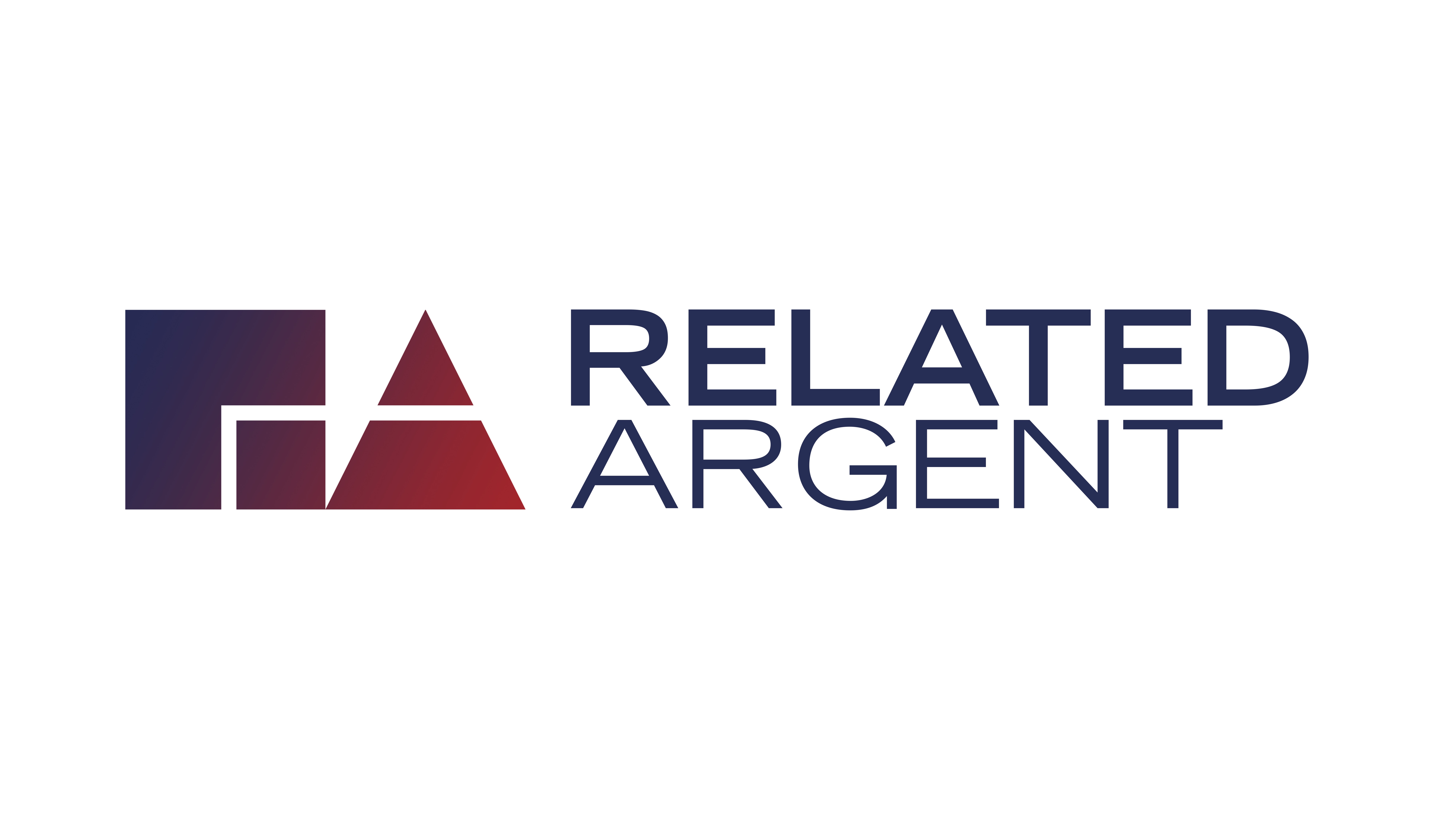New London Architecture
The future of hybrid heat networks
Tuesday 17 August 2021

As we edge towards a net-zero future, local authorities, housing associations and developers are turning to district heating – or heat networks – to help reduce emissions for larger scale developments. Heat networks provide heating and hot water in a high-efficiency, low emissions way and as a result makes them the perfect suggestion when looking towards the government’s 80% reduction in emissions target for 2050.
While 2050 is still a few decades away, different technologies are being considered as many manufacturers move towards a sustainable and innovative solution to low emissions. Many observers see heat pumps as the primary option for heat network projects, powered by electricity, however this could in fact be a limiting factor for heat network’s future flexibility even though this energy source is able to reduce emissions significantly.
Heat networks typically operate below 25% of their peak demand for over half the year, which is why heat pumps would be better suited to large schemes. By having peak-load boilers on standby, they can be switched on when the outside temperature drops to its coldest during the winter months, meaning the heat network will provide end users with instant peak time hot water and heating.
Ground source heat pumps are an option that will create more consistent efficiency across the year. It would mean more complexity for the installation stage and would need expert involvement if upgrades are needed. As well, there is no point trying to build in redundancy with additional heat pumps, it would be much better instead to meet this through lower cost, efficient boilers that will reduce costs.
A solution that will both reduce emissions and provide a sustainable alternative to district heating would be a hybrid approach. This would offer a practical option to keeping capital costs under control while still delivering significant carbon savings. A hybrid between heat pumps and peak-load boilers will be able to deliver savings on both carbon emissions and capital costs.
Additionally, the use of a hybrid system instead of a sole heat pump can support further carbon emission reductions. For example, it is looking increasingly likely that current boilers will be replaced by hydrogen-ready appliances, so much so that it could become a mandatory requirement when replacing older boilers in the future.
One key energy transformation that is looking more likely is the decarbonisation of the gas grid to hydrogen blends and ultimately 100% hydrogen. The introduction of hybrid systems offers a simple conversion to hydrogen once a particular area has moved to the new gas. Coupling that with a heat network’s unique ability to adapt to multiple forms of heat that become available, will result in considerable reduction in carbon emission, flexible and load shifting options and the ability to future proof any district heating scheme.
By carefully considering the design of heat network plant rooms now and the types of heating technology that are installed will ensure that heat networks continue to achieve their full potential as we continue moving towards a net zero future.
To find out more about heat networks and watch Bosch Commercial & Industrial’s new explainer video, please visit: www.bosch-industrial.co.uk/heat-networks.
Related
News
Five minutes with... Michelle May
David Taylor speaks with Michelle May, Executive Director at LLDC, on inclusive growth, a new framework, and the thinkin...
News
Introduction to NZCBS: What it aims to do and when it comes into effect
An exploration of whether the UK Net Zero Carbon Buildings Standard is achievable, highlighting the challenges, opportun...
Stay in touch
Upgrade your plan
Choose the right membership for your business
Billing type:
Small Business Membership
£90.00
/month
£995.00
/year

For businesses with 1-20 employees.
Medium Business Membership
£330.00
/month
£3,850.00
/year

For businesses with 21-100 employees.
View options for
Personal membership












